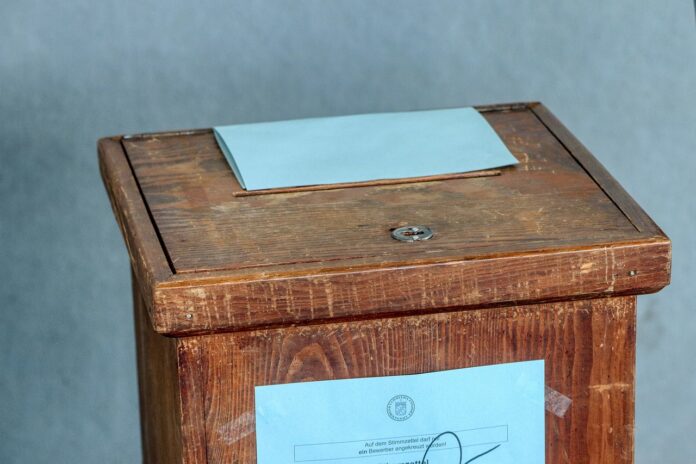What are the legislative elections in Portugal for?
The legislative elections, which usually, in Portugal, take place every four years (except in exceptional cases like now, with what happened some months ago with the resignation of the Prime Minister), allow voters to elect deputies that will represent them at the Assembly of the Republic, and who have the power to legislate.
The Assembly of the Republic is what constitutes the Portuguese Parliament. It is a sovereign organ elected by personal, direct, secret, and universal vote, similar to what happens with the President of the Republic. The Assembly of the Republic has the power to supervise the Government and State administration, to ensure compliance with the Constitution and laws, and to legislate, exclusively, on specific matters.
There are 230 seats in the Assembly of the Republic, which will be taken by the deputies of the existing political parties, according (proportionally) to the result of the elections. Note, however, that, even though the voters end up choosing deputies, they do not do so directly. Electors vote on plurinominal lists of political parties and/or coalitions, which may also have independent candidates.
Note, also, that there are 22 electoral circles. 20 correspond to the national territory, and 2 to the Portuguese emigrant communities (1 for Europe, and 1 for outside of Europe). The 20 electoral circles corresponding to the national territory decide 226 seats, and the other 2, 4 seats.
2024 Election Results
March 10 was voting day. The Portuguese voted, and the results for the 20 electoral circles of the national territory are already known.
- The Democratic Alliance (center-right coalition formed by the Social Democratic Party, the Popular Party, and the Portuguese Monarchical Party) got 29,49% of the votes and 79 seats at the Assembly of the Republic.
- The Socialist Party (former ruling party) got 28,66% of the votes and 77 seats.
- CHEGA (far-right) got 18,06% of the votes and 48 seats, four times more than in the last elections.
- The Liberal Initiative (right wing) got 5,08% of the votes and 8 seats.
- The Left Block (BE – left wing) got 4,46% of the votes and 5 seats.
- The Unitary Democratic Coalition (CDU – left-wing coalition) got 3,3% of the votes and 4 seats.
- The Free Party (Livre – left wing) got 3,26% of the votes and 4 seats, making it the party on the left with the most growth.
- People-Animals-Nature got 1,93% of the votes and 1 seat.
226 seats are already taken, and the results show a clear will of the people to switch to center-right, after years of a center-left government. Although there are still four seats available, which will depend on the results of the two electoral circles corresponding to the foreign communities, experts do not believe that the current scenario can change.
According to the Ministry for Internal Administration, the official results (of the 22 electoral circles) will only be known on the 25th of March. When that happens, the elections are officially over and the Portuguese President of the Republic will move forward with the process.
Considering the results and the positions of the political parties, the president will choose the person he believes has the best chance to form a Government capable of guaranteeing the necessary degree of stability. Such a person, after accepting the invitation, will be the new Portuguese Prime Minister, who will form the new Portuguese Government.


